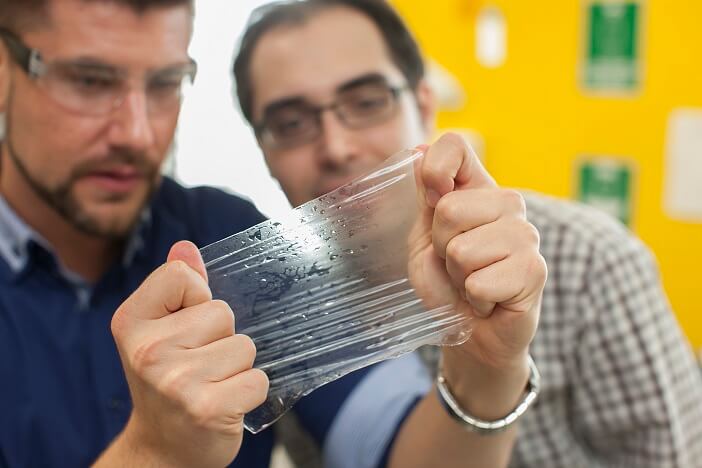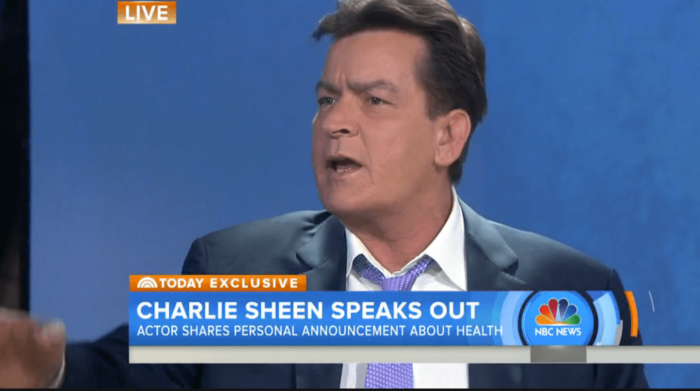New condom material “doesn’t really feel like it’s there”

University of Wollongong
A new in-the-works condom might be a game changer when it comes to safe sex. What makes it special is a new material that researchers say is almost imperceptible.
“When you put on a glove, you always know you have a glove on,” says Dr. Robert A. Gorkin, a strategic development officer at the University of Wollongong in Australia. “With this material, if you close your eyes and turn away, it doesn’t really feel like it’s there as much.”
Gorkin, who’s leading the research, was inspired back in 2013 when he heard that the Bill & Melinda Gates Foundation was offering grants to research groups working toward creating a better-feeling condom. At the time, he’d been working with a material called hydrogels in order to develop human prosthetics that mirrored skin in a more natural way. It got him thinking: could the tissue-like material be used to make condoms?
They’ve since received $100,000 in funding from the foundation and have been working intently on using the material to develop the next-generation condom.
What exactly are hydrogels? Made up of water and polymer, hydrogels have a jelly-like texture that closely resembles human tissue. The material, which has only been around for about a decade, has the potential to replace latex.
“Our material is something called a tough hydrogel, which is akin to something like a contact lens,” says Gorkin. “So it has a similar feel and similar structure. They’re really touted as being skin-like substitutes, so they’re supposed to have the mechanical properties that more closely match what skin does.”
The research, while still in the earliest stages, are rendering some encouraging results. Biological barrier tests have shown that the material does impede the flow of viruses, bacteria and sperm. It also holds up to mechanical tests that assess elasticity and durability. In other words, the material is indeed a viable option for condoms.
Gorkin says the next step is creating a prototype. With regard to sensation, he adds that focus group studies will be necessary to get the public’s feedback and insight. (Mass manufacturing represents another obstacle.) Gorkin predicts that hydrogel condoms could be available in about three to five years, assuming all goes well. But the truth is that he and his team are still in the initial stages of research.
Even so, that’s not stopping him from staying optimistic.
“I haven’t met one person who’s like, ‘I love condoms!'” says Gorkin, adding that he’d love to change that paradigm. “I don’t know if we’ll ever get there or if just changing the material is going to make that happen, but maybe we’re going to help move along the pathway toward there.”
























